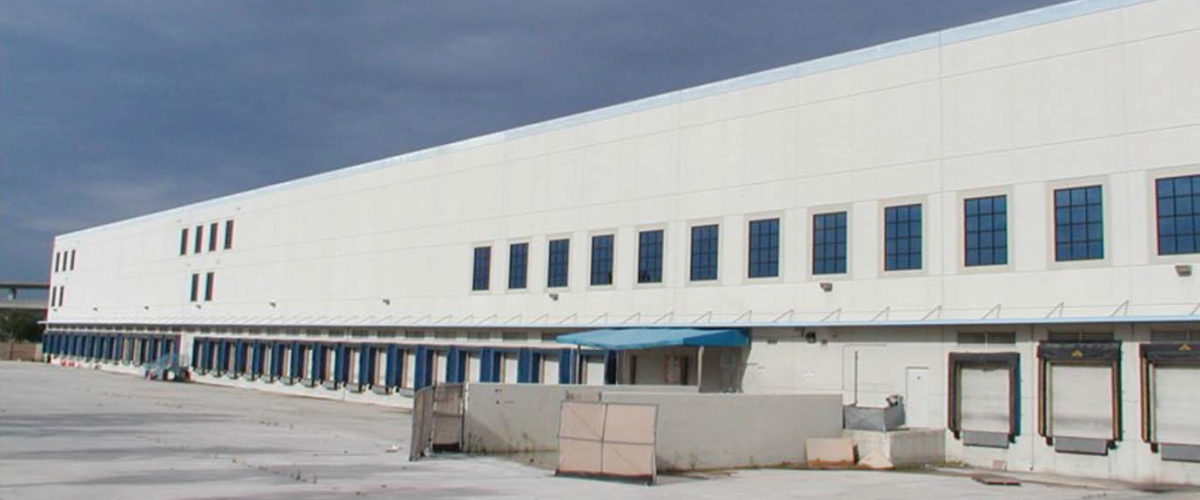What Landlords Can Learn From The World’s Largest Industrial Property Owner
Industrial properties have long been a favored investment for those seeking stable cash flow with minimal effort. Often featuring “triple net” leases, tenants cover expenses such as taxes, insurance, and maintenance.
Due to low vacancy rates, most industrial landlords primarily focus on collecting checks. However, the rise of e-commerce has transformed the industrial landscape. Online purchases require an intricate network of warehouses and distribution facilities, which has led logistics companies to demand more from their landlords in terms of building improvements and additional services, and they are willing to pay for these enhancements.
The sustainability movement has further intensified the need for industrial landlords to expand their offerings, as logistics giants like Amazon and UPS have committed to aggressive decarbonization goals. Consequently, industrial property owners must adapt to the evolving market demands and expectations driven by the growing influence of e-commerce and an increasing emphasis on environmental responsibility.
All this adds up to industrial real estate going from the property type with the least amount of tenant collaboration to one with the most in just a few decades. To meet this challenge, large industrial owners have transformed their businesses into much more of a partnership model. The largest of these industrial and logistics landlords is Prologis. They own over 1.2 billion square feet of space across the globe. Rather than just lease out space to their tenants, they work with them hand in hand to try to tailor properties and services to help them advance their business goals.
Prologis collaborates with logistics firms, such as Amazon, to support their expansion and enhance their distribution networks. They specialize in creating and managing custom logistics centers and leasing space in their properties worldwide. Beyond this, they offer a comprehensive range of services, called Prologis Essentials, including warehouse racking, renewable energy production, electric vehicle charging infrastructure, and workforce solutions, making them a sought-after partner for both large and small logistics operators.
By outsourcing these supplementary tasks, logistics companies can efficiently scale their networks and transform capital-intensive investments into manageable operating expenses. While Prologis is already a critical component of the global logistics infrastructure, the company aims to further expand its role and impact.
To continue to grow what services they offer, Prologis has also created a venture investment arm that makes strategic bets on companies that they think will be able to add value to their tenants.
“We spend a lot of time talking to our clients to understand what their pain points are and how we can help them either by providing a service or introducing them to new tech solutions,” said Will O’Donnell, Managing Director at Prologis Ventures.
So far Prologis has invested in 42 companies in every stage of growth from seed to Series A rounds. Recent investments include Solarcycle, a company that repairs, refurbishes, and reuses solar panels, and Strivr, a virtual reality training platform.
“We spend the time doing our homework on technologies and piloting with companies so when we introduce them to our clients, they know they’ve been vetted,” O’Donnell said.
Right now Prologis is seeing a lot of demand for carbon reduction solutions from their clients.
“The supply chain only represents about 5 percent of the costs for retailers but has a strong carbon footprint, so it is something that retailers are very willing to pay for,” O’Donnell explained.
Prologis has hired a Chief Sustainability and Energy Officer who is solely focused on how to provide energy solutions to clients.
Source: propmodo











